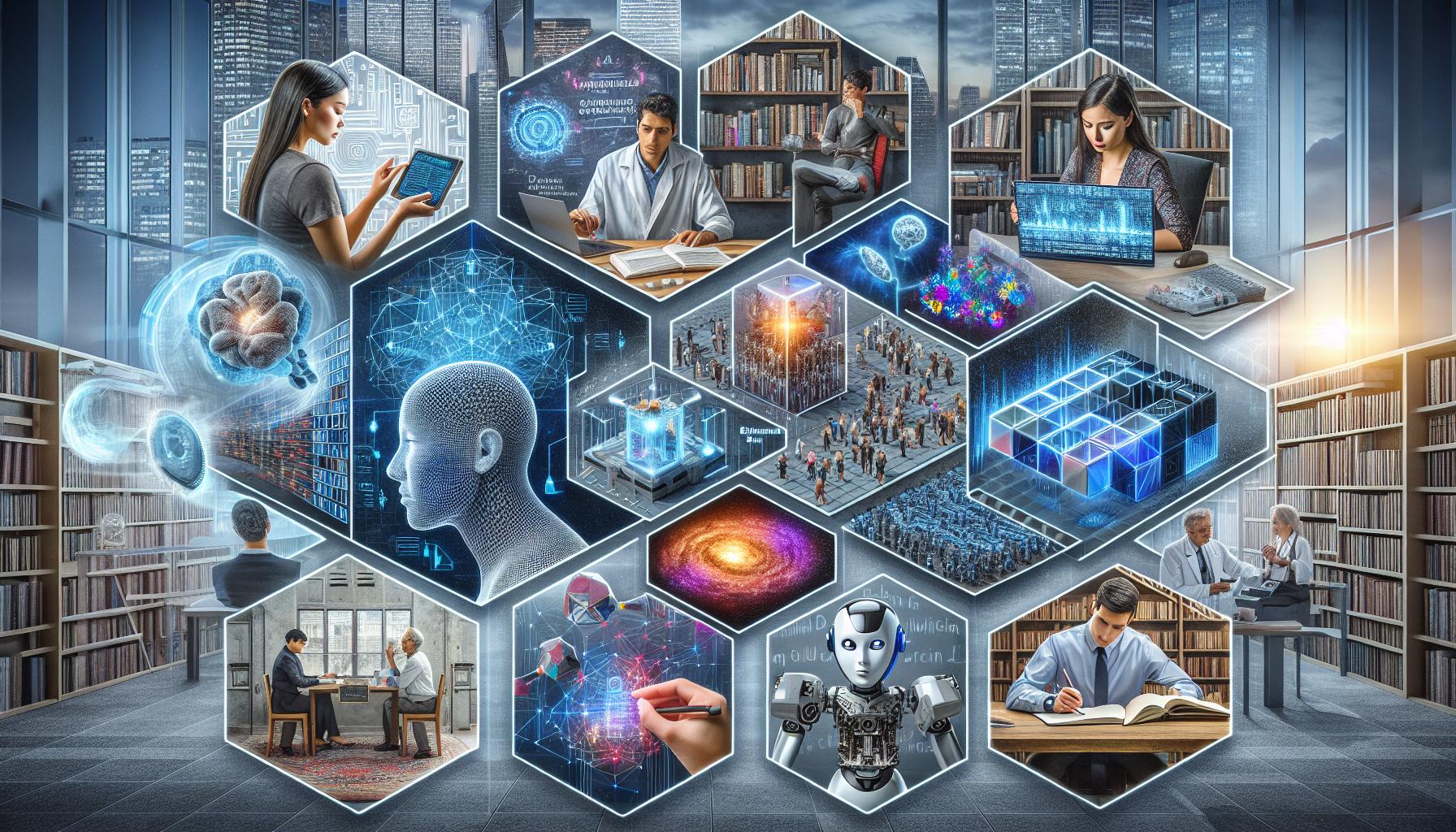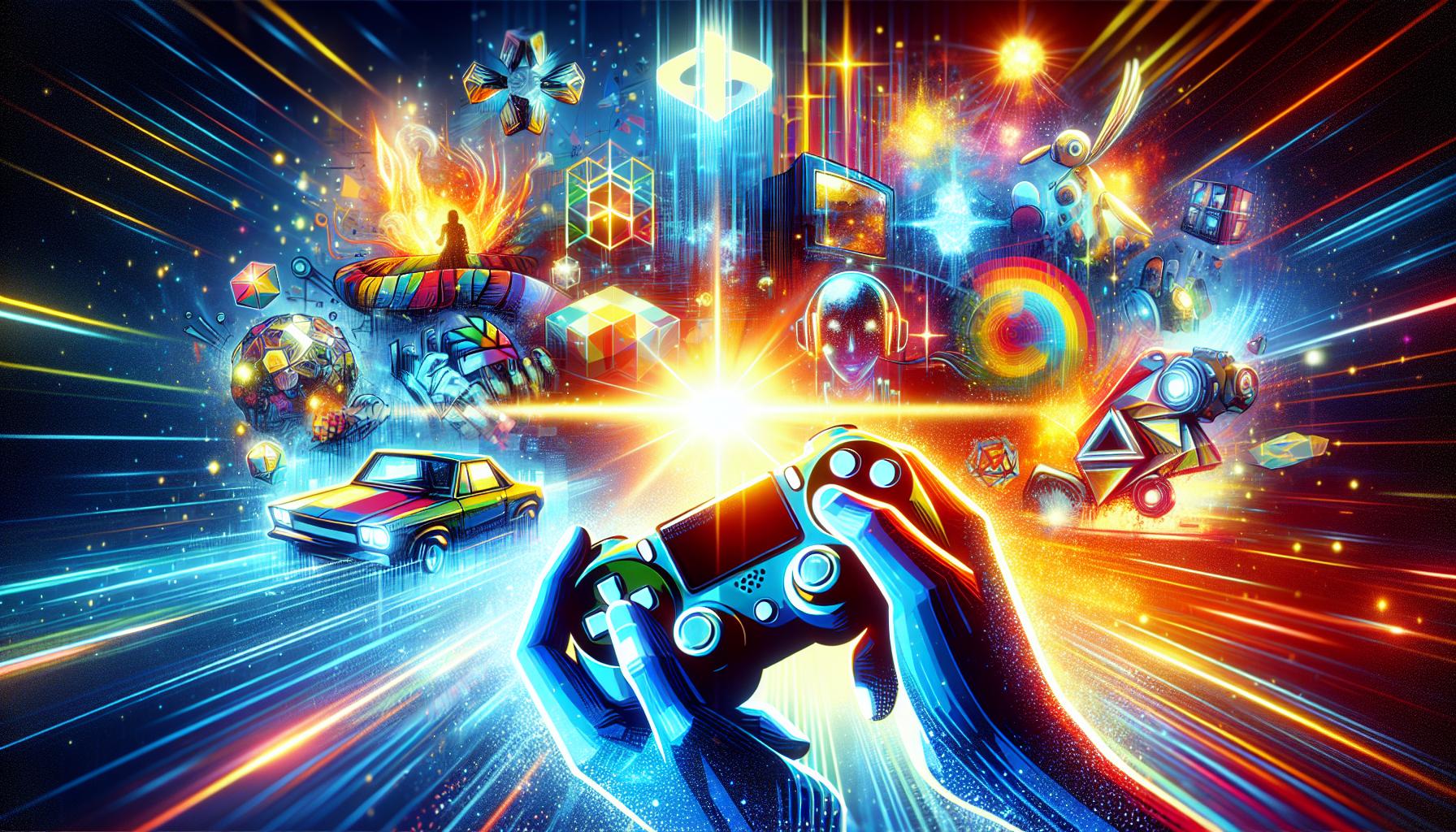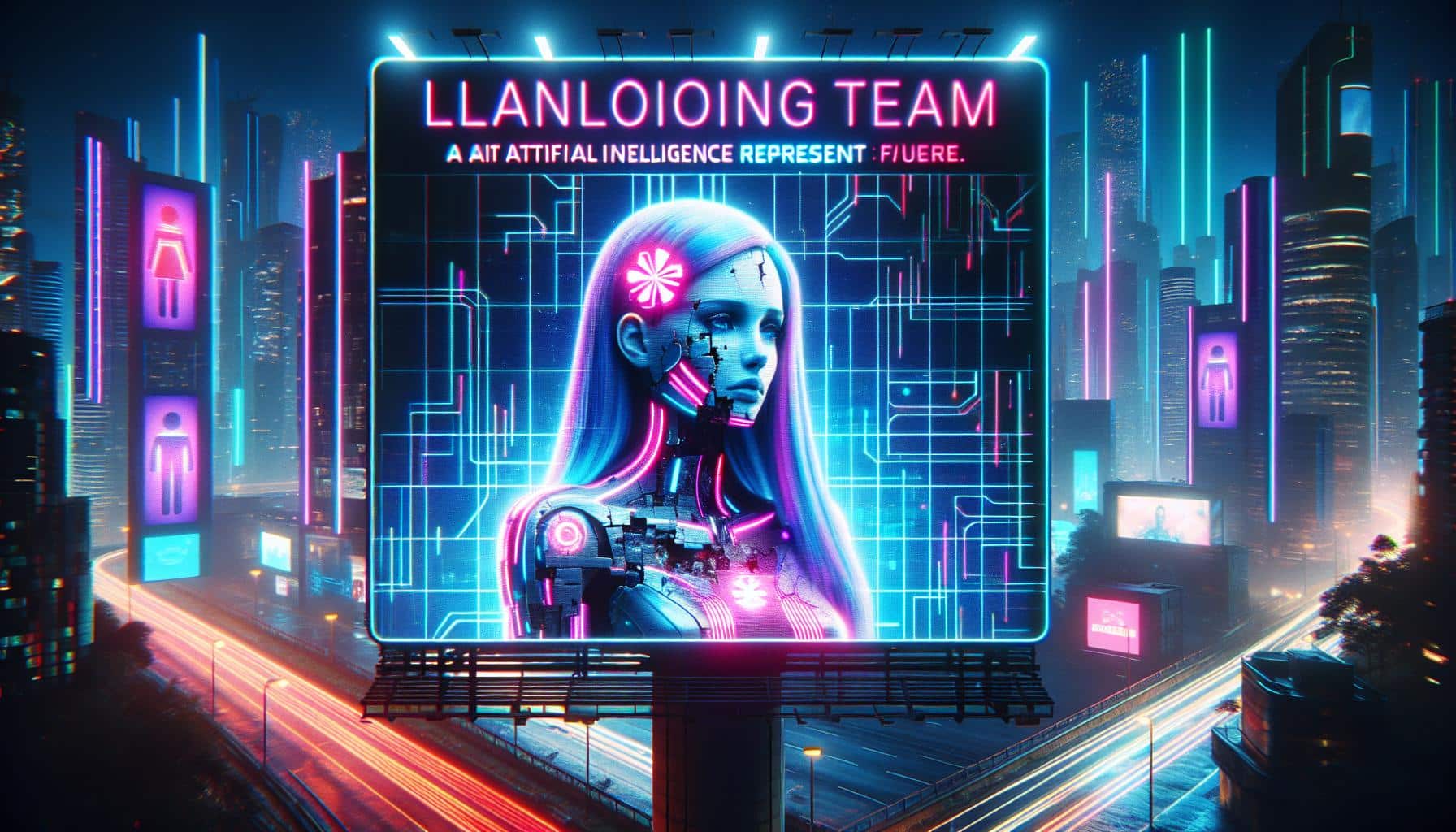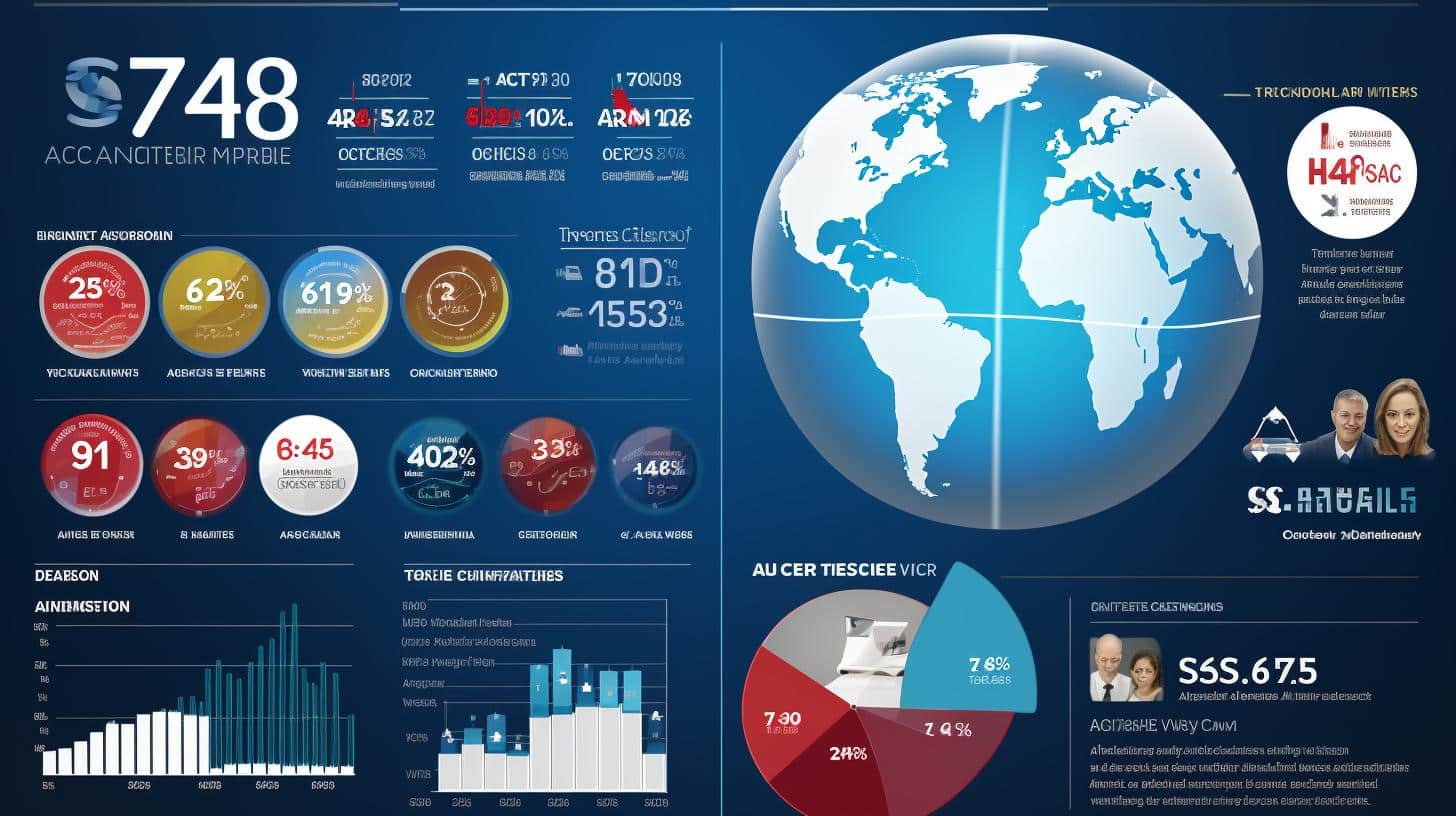The Evolution of AI: From Rule-Based Systems to Machine Learning
Artificial intelligence has come a long way since its inception. Initially, AI systems relied on rule-based and expert systems, where explicit rules were programmed to mimic human intelligence. However, these early systems had limited functionality and required extensive human programming.
With the introduction of machine learning and big data, AI took a giant leap forward. Machine learning allowed AI systems to learn from large datasets and improve their performance over time. This shift marked a new era of artificial intelligence, where models could recognize patterns, make predictions, and solve complex problems with unprecedented accuracy. Another important aspect of AI evolution is its integration into common devices and systems.
Nowadays, we are surrounded by AI-powered technologies in our everyday lives. From smartphones and smart home devices to virtual assistants and self-driving cars, AI has become an integral part of our world. Robotics has also made significant advancements, enabling robots to perform complex tasks, communicate with humans, and operate in dynamic environments. In the business world, AI algorithms are used to extract valuable insights from vast datasets, optimize processes, and personalize customer experiences.
The Future of AI: Advancements and Emerging Technologies
The future of AI holds immense possibilities, with advancements in fields such as explainable AI, reinforcement learning, and quantum computing. These developments are expected to greatly enhance the capabilities and effectiveness of AI systems. Ongoing research and development in AI have the potential to disrupt industries and revolutionize the way we live, work, and interact with technology.
One area of AI that shows great promise is explainable AI. This refers to the ability of AI systems to provide transparent and understandable explanations for their decisions and actions. This is particularly important in industries such as healthcare and finance, where trust and accountability are crucial.
Reinforcement learning is another field that is expected to shape the future of AI. This type of learning involves an AI agent interacting with its environment and learning from the consequences of its actions. It has the potential to enable AI systems to learn and adapt in dynamic and complex situations.
Furthermore, quantum computing is seen as a game-changer for AI. Quantum computers have the potential to solve complex problems much faster than classical computers, opening up new possibilities for AI algorithms and applications.
Transforming Human-Machine Interactions: How AI is Changing the Landscape
As AI continues to advance, the line between humans and technology is becoming increasingly blurred. AI trends are shaping various aspects of human interaction with technology, benefiting individuals, consumers, employees, and society as a whole. For example, AI is expected to have a significant impact on customer service and support, as software becomes more proficient in sentiment analysis. This means that AI will be able to gauge customers’ tone of voice and respond to their queries and complaints more effectively.
AI can also help employees by automating repetitive or mundane tasks, allowing them to focus on more meaningful work. This not only increases productivity but also gives employees the opportunity to be more creative and strategic in their roles.
However, it is important to note that AI is meant to supplement and enhance human processes, not replace humans entirely. Soft skills, such as empathy and communication, are more valuable than ever before. AI can free up employees’ time and allow them to focus on tasks that require human interaction and empathy, ultimately improving customer satisfaction and overall business performance.
AI in Different Industries: Healthcare, Automotive, Retail, and More
AI has emerged as a transformative technology in a wide range of industries, revolutionizing business operations and creating new opportunities for growth and innovation. In the healthcare industry, AI is being used to develop new apps that track individuals’ physical and mental well-being. AI-powered devices are also being used to diagnose health conditions and monitor patients in nursing homes. This technology enables remote diagnosis, providing individuals with access to healthcare information even if they are far from a doctor.
In the automotive industry, self-driving cars powered by AI technology are quickly becoming a reality. These vehicles can “see” their environment, make real-time decisions, and navigate safely through traffic using computer vision, machine learning, and sensor fusion. The widespread adoption of self-driving cars is projected to have a significant impact on transportation, with studies suggesting that nearly 33 million self-driving cars could be on the road by 2040.
AI is also transforming the retail and e-commerce industry. Personalized marketing and recommendation systems powered by AI algorithms analyze customer data and behavior to provide tailored product suggestions. Chatbots are becoming increasingly common in customer service, offering around-the-clock support, faster response times, and cost savings for businesses.
The Promises and Potential of AI: Efficiency, Innovation, and Personalization
The promises and potential of AI are vast. AI technologies are enhancing efficiency, optimizing operations, and enabling organizations to gain a competitive edge in today’s digital economy. By analyzing massive amounts of data, learning from patterns, and making intelligent predictions, AI has the power to transform industries and drive innovation.
AI has the ability to automate tasks, improve decision-making processes, and personalize customer experiences. This can lead to increased productivity, cost savings, and improved customer satisfaction. AI is also opening up new frontiers and unlocking untapped potential by leveraging emerging technologies such as explainable AI, reinforcement learning, and quantum computing.
However, it is important to tread carefully and address ethical concerns as AI continues to advance. Issues such as privacy, bias, and transparency need to be addressed to ensure that AI is used responsibly and ethically.
In conclusion, AI is shaping the future of everyday life in profound ways. From its evolution from rule-based systems to machine learning, to the potential of emerging technologies and its impact on human-machine interactions, AI has the power to revolutionize industries and transform the way we live and work. The promises and potential of AI are vast, and with continued research and development, we can expect to see even greater advancements and innovations in the field of artificial intelligence.
Analyst comment
The news can be evaluated as positive as it highlights the advancements and potential of AI in various industries. As an analyst, it can be predicted that the market for AI technologies will continue to grow as organizations leverage AI to enhance efficiency, optimize operations, and personalize customer experiences. Additionally, the integration of AI into common devices and systems will further drive its adoption. However, addressing ethical concerns and ensuring responsible use of AI will be important for its continued success.













